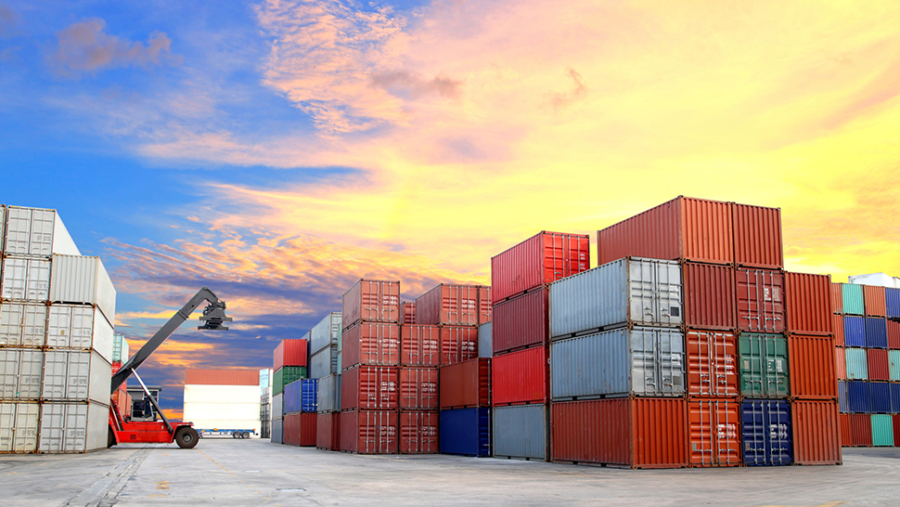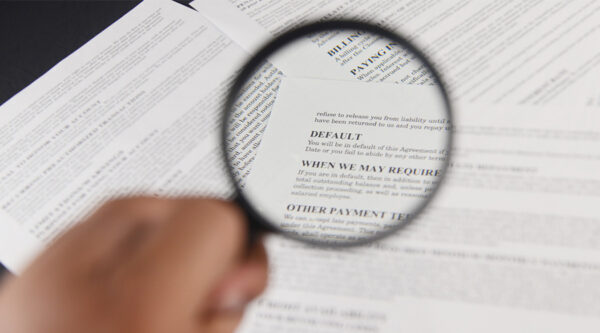

The British government has imposed a range of sanctions measures, including trade and financial sanctions, under the Russia (Sanctions) (EU Exit) Regulations 2019 (the “Russia Sanctions Regulations”). These are being constantly updated, most recently in December 2022. In many cases, trade with Russian companies is still, surprisingly, permitted.
UK businesses are responsible for the decision on whether to trade with Russia at all. They do so with a great deal of risk:
- the UK has not stopped designating individuals and entities under the Russia Sanctions Regulations, which means that dealing with a particular entity is legal now, it might not be in the future;
- the US has a broader reach of sanctions and so a UK company with a US affiliate may find itself in an awkward position. Similarly, the EU, though its sanctions are not as broad as the UK’s nevertheless has sanctioned certain individuals and entities that remain unsanctioned by Britain (and vice versa);
- given the erosion of rule of law in Russia there is uncertainty about the enforcement of judgments against Russian companies;
- it is very difficult to receive payment, since banks are imposing strict controls on flow of currency which means that even when it is lawful to make payments, banks might not facilitate them.
The Russia Sanctions Regulations affects several aspects of trade with Russia, including the movement of goods to and from Russia, the settling of financial transactions with suppliers and customers, and trading with certain businesses and individuals.
The most recent rules (being the 17th amendment to the Russia Sanctions Regulations), prohibit the provision of the following business services to anyone connected with Russia: auditing services; advertising services; architectural services; engineering services; and IT consultancy and design services.
The legislation also includes a number of different exemptions depending on the specific business service involved, but, significantly, the UK does not provide an exemption for services provided to the subsidiaries of UK parent companies.
The new rules do not prohibit legal advisory services, but it is expected that this will follow.
Sanctions applicability
Even non-UK nationals must comply with UK sanctions if they live in the UK. Similarly, UK nationals living overseas must also comply. Breach of sanctions under the Russia Sanctions Regulations is a criminal offence.
Trade sanctions are set out in Part 5 of Part 3 of Schedule 3 to the Regulations The Russia (Sanctions) (EU Exit) Regulations 2019 (“the Regulations”). The Regulations set out the restrictions currently imposed, while the schedules provide definitions of the prohibited goods. The Regulations also cover a range of other items such as transfer of technology, providing technical assistance, brokering services and financial services.
Definitions and commodity codes
The Russia Sanctions Regulations impose trade prohibitions on a tremendous variety of products and services, with links to definitions and HS codes where available. The scope is very broad, from luxury goods to concrete, and from precious gems to (more obviously) military goods.
Trading via a third country
UK companies should also be aware that restrictions apply not just to provision of goods and services, but also to receipt. In other words, both imports and exports are affected, and sanctions can apply even when goods are routed through third countries.
Areas affected
The sanctions applicable to Russia are also applicable to Belarus and to the parts of Ukraine that are under Russian control, such as Crimea. This last point can lead to confusion since the line of actual control is fluid, and companies with branches in Ukrainian-controlled parts of the Donbas region can find themselves subject to self-policed sanctions by UK companies that wrongly believe all of the Donetsk and Luhansk regions are under Russian control.
It is of course British government policy to support Ukraine by any legal means, and therefore of critical importance to ensure that trade with Ukraine continues. Over-zealous application of compliance rules by some UK companies to all parties in the conflict hurts Ukraine, and such companies should not be put off trading by the extra due diligence required. At the same time, it is important to ensure that Russian-backed companies posing as Ukrainian are exposed and avoided.










